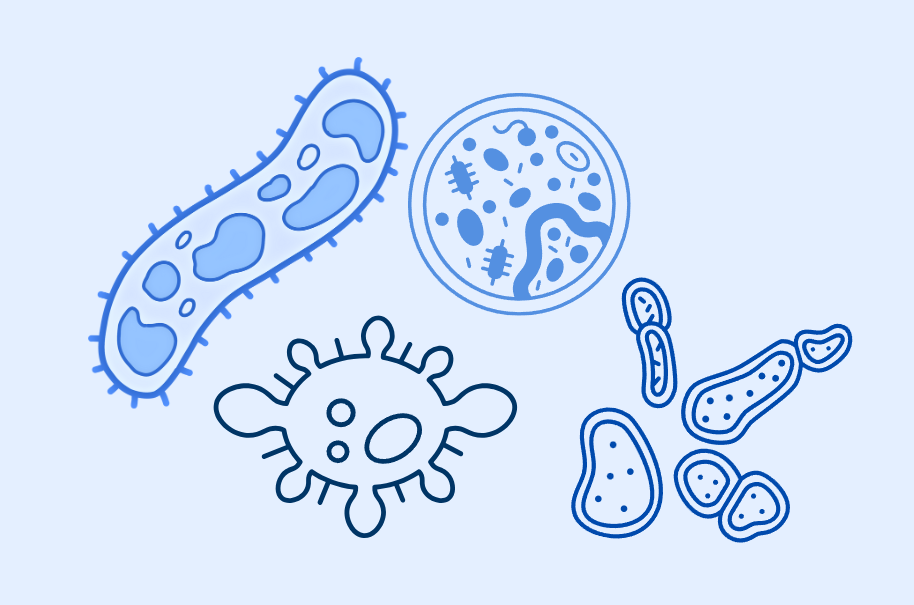MICROBIOME RESTORATION

Human genome
Genuine mind-blowing research, it became clear that human really had like 26000 genes, and I thought goodness, extremely cool and everyone was concentrating on the qualities, and this was truly great until they began examining of the qualities of a rice plant. The rice plant had 46000 genes. what’s that? What’s more, I thought we are just 26 and they are 46 thus to me, this was exceptionally lowering to say that the rice Plant was more complex than people. So then, at that point, 5 years prior research starts, and everyone got going and did the genome of the microscopic organisms that live within our body. Think about the number of qualities there are. It’s 100,000 qualities.
What is Microbiome?
Microbiome research originated in microbiology and started back in the 17th century. Microbiome is a term that describes the genome of all the microorganisms, symbiotic and pathogenic, living in and on all human body. The microbiome is essential for human development, immunity and nutrition. Autoimmune diseases such as diabetes, rheumatoid arthritis, muscular dystrophy, multiple sclerosis, and fibromyalgia are associated with dysfunction in the microbiome. Some of the most important roles of gut microbes are maintaining the integrity of the gut barrier, providing nutrients and essential vitamins, and protecting against pathogens.
How is it connected with our health?
Your body is full of trillions of bacteria, viruses and fungi. They are collectively known as the microbiome. The bacteria in the microbiome help digest our food, regulate our immune system, protect against other bacteria that cause disease, and produce vitamins including B vitamins B12, thiamine and riboflavin, and Vitamin K, which is needed for blood coagulation. An important benefit offered by the gut microbes is the synthesis of essential vitamins that our body cannot produce. Gut microbes can also eliminate pathogenic microbes by producing antimicrobial substances. Short-chain fatty acids are produced by beneficial bacteria in your microbiome and they’re essential for your gut, body, and even brain health. Short-chain fatty acids can be made from all carbohydrates, but mainly from prebiotic dietary fibers that fuel the activities of beneficial bacteria.
